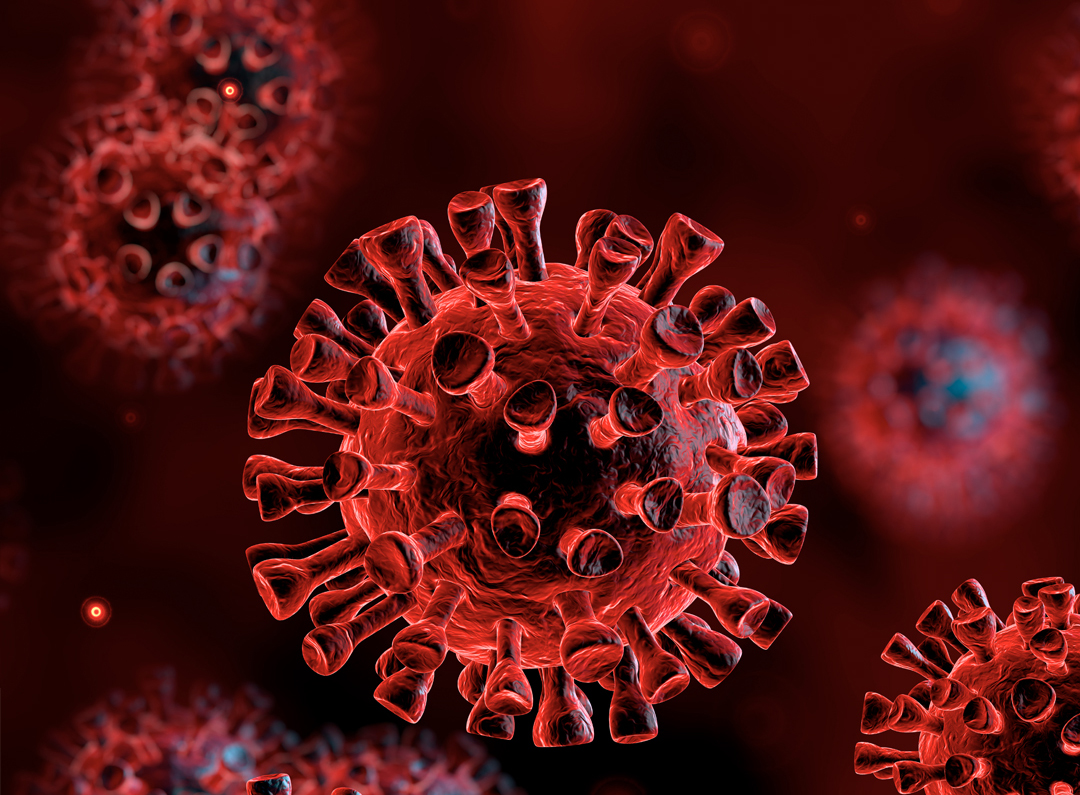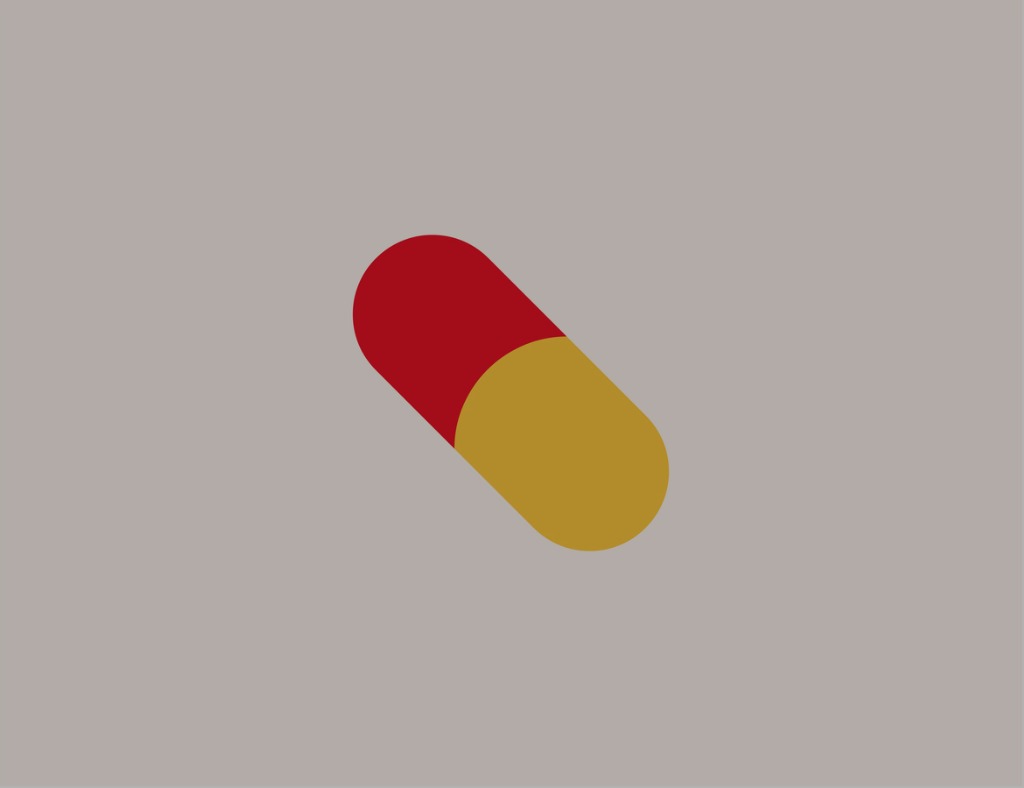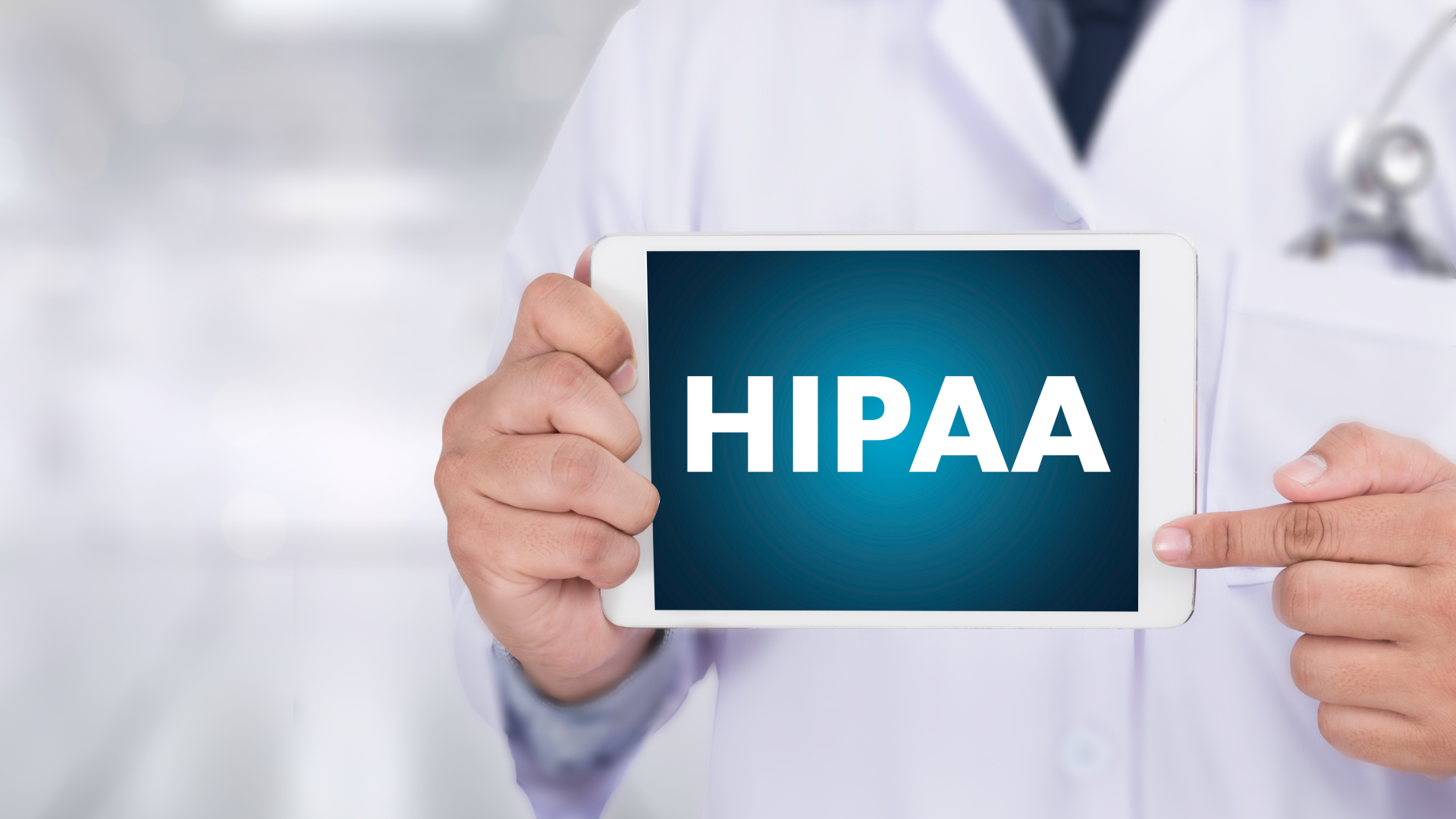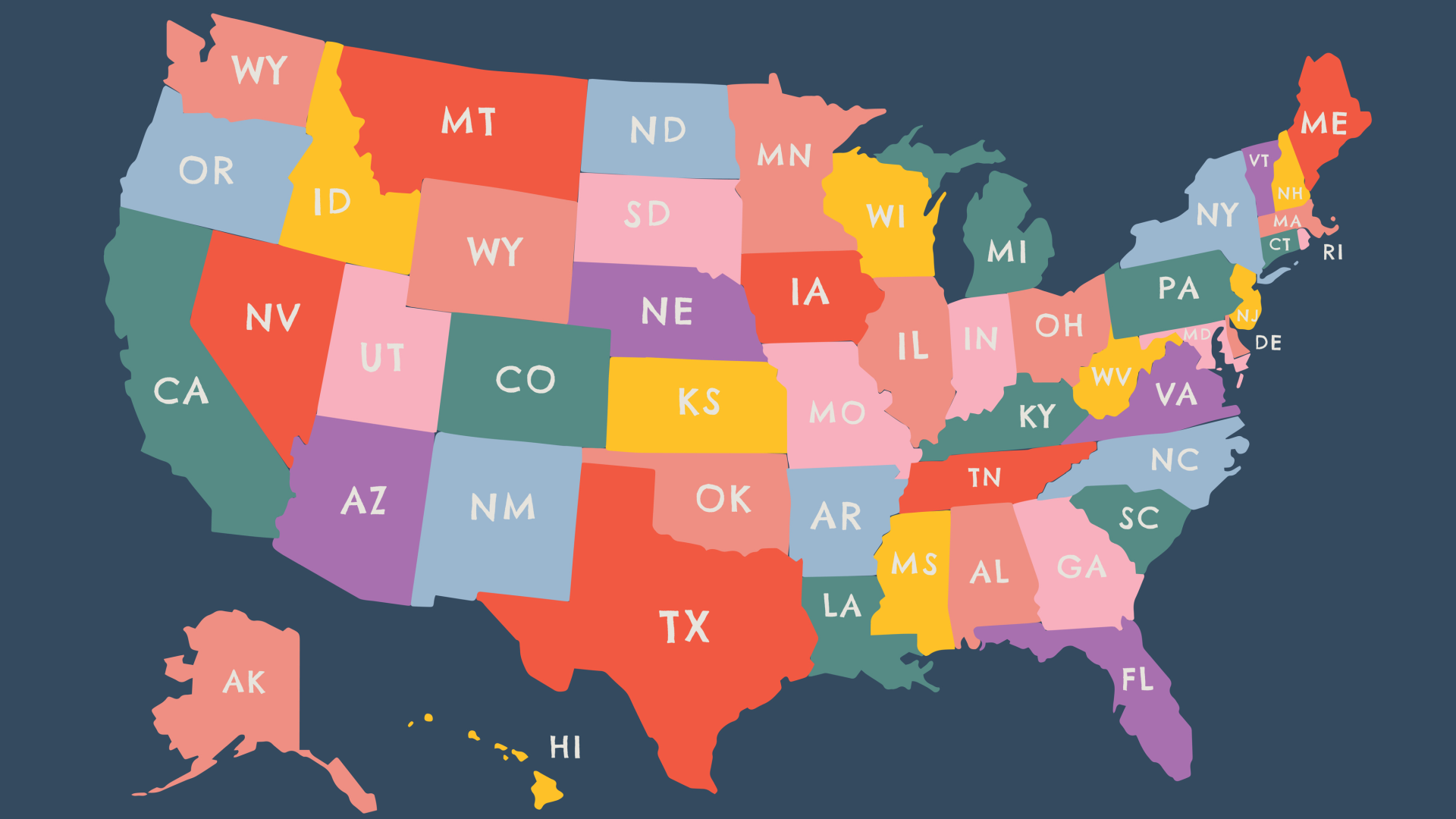In October 2022, Wisconsin’s Department of Health Services (DHS), in conjunction with the state’s department of justice (DOJ) and the Office of Governor Tony Ever announced the launch of the Real Talks campaign to help address the rise in substance use in the state. In recent years, much like the rest of the country, Wisconsin has seen a sizable increase in opioid-related deaths. In fact, between 2018 and 2020, the number of opioid-related deaths increased by 46.7 percent. In addition, alcohol misuse continues to be a problem. Data from DHS indicates that adults in the state rank third in the United States for alcohol use. Real Talks Wisconsin is part of a series of DHS programs aimed at preventing and reducing substance use or abuse within the state. Real Talks discusses community prevention programs and encourages harm reduction programs, such as free access to emergency opioid antagonists....












